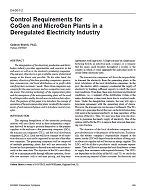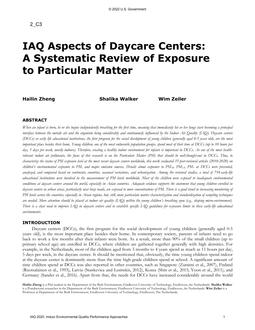The design of a process exhaust system must not only meet the demand of volume flow rate but also take into consideration a number of issues including system pressure equilibrium, noise, vibration, space limitation, and total system costs. A process exhaust system in a semiconductor factory was designed using the 3C duct design method. The 3C design method comprises three major calculation procedures: initial computer-aided design (CAD), computer-aided simulation (CAS), and correction processes (CP). A case study is presented to demonstrate the characteristics of the 3C method. It shows that the 3C duct design method contains a simple computation procedure and considers the pressure equilibrium under certain limits on space or flow velocity. The 3C design method not only shortens the design schedule and prevents human calculation errors but also reduces the dependence on designer experience.
Units: Dual
Citation: ASHRAE Transactions, vol. 108, pt. 1, Atlantic City, 2002
Product Details
- Published:
- 2002
- Number of Pages:
- 11
- File Size:
- 1 file , 180 KB
- Product Code(s):
- D-6958


